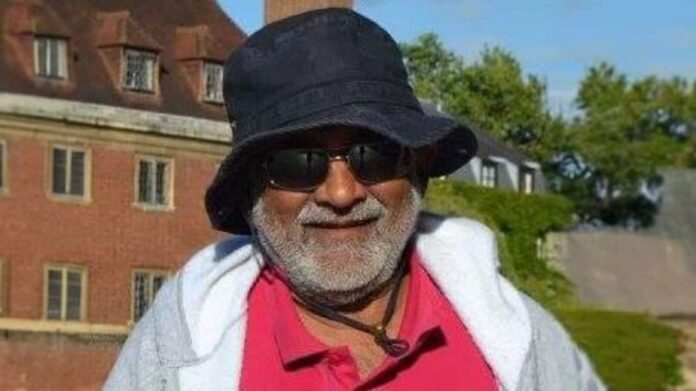My former headmaster, Shomie Ranjan Das, affectionately called Heady, passed away on the 9 September 2024, soon after his 89th birthday. He had the distinction of being the only person to have headed three leading boarding schools in India, namely, Mayo College, Ajmer, The Lawrence School, Sanawar, and The Doon School, Dehradun.
His longest stint as headmaster was in Sanawar. As his daughter Shiraz wrote in her post on Facebook, he believed those were the best days of his life.
Das was not the stereotypical headmaster—the archetypal feared head. Rather, he was twinkle-eyed, with a déshabillé manner and a wry sense of humour. His looks and demeanour were deceptive—he was a keen observer with a razor-sharp intellect and was aware of exactly what was happening at any given time.
Sanawar, my old school, was populated with children who came from North India, chiefly Punjab, but by the time Shomie Das left the school, it had seen a transformational change in its student body. As a believer in Nehruvian Secularism, as well as having been brought up in the Brahmo tradition, he ensured that there was both regional and religious representation in the student body.
An accomplished orator, he had the whole school enthralled whenever he spoke. I have vivid memories of his descriptions. After a trip he took to the US, speaking of the plight of the homeless sleeping in cardboard boxes in New York City.
A firm believer in social justice and that adage ‘learn by doing,’ he instituted that all students undertake some form of physical work. There were drives to clean up the campus, there was tree planting, which involved us using spades and pickaxes to dig holes for saplings, and students served in the dining hall, including the job of cleaning the tables of all dirty tableware, cutlery and food debris.
Not that he was moralistic or a puritan. Shomie Das encouraged students to mix freely and have friendships with each other regardless of their gender. He was the most enthusiastic dancer at the dances. He had a sense of fun!
There is a quote doing the rounds of social media attributed to him: “If there is one thing I could change, I would change the system of confining the children to within the four walls of a classroom. Children need movement—it is important for learning and retention as well as mental health.” After every class that was held, rather than teachers walking to classrooms, students would walk to the teachers’ designated classrooms. It gave us a chance to stretch our legs.
Before project work became a buzzword, an entire hour once a week was instituted to enable students to pursue some kind of project. This was not a graded activity, nor part of the curriculum. He encouraged exploration and set up systems which would enable children to decide for themselves what interested them.
Shomie Das believed in pastoral care. Small groups of 5-10 children would have a tutor who they met once a week casually at the tutor’s home, sat with during meals in the dining hall and went on an annual 7-10 day hike/trek. The teachers thus got to know the students in their group intimately and were alert to any signs of trouble and served as a first port of call.
He himself led by example and his ‘tute group’ comprised the head boy and girl as well as senior prefects. He sat with his group during lunch and made sure that everyone rotated from the far end to the front so that he had equal time with each.
He was instrumental in hiring teachers with diverse interests, some of whom were a little older than the senior students themselves. One such teacher, I recall, when I was in Prep School, decided to stage an adaptation of Orwell’s Animal Farm. This resulted in the entire Prep School (Grades 4-6) deciding to go on a hunger strike to protest the quality and quantity of the food they were being given.
The head of Prep School was apoplectic with rage and wanted the teacher sacked. Heady, however, would have none of it and was amused by the whole episode, even meeting with a student delegation to listen to their grievances. The strike soon petered out, as we little uns, who in any case had just gone along with our seniors on their say-so, soon gave way to our hunger!
Das was supportive of his staff, as one recounted, “Were it not for him, I would never have survived in the school. He actively encouraged open disagreements and discussions among the faculty, he thrived on this openness.”
Under Shomie Das, Sanawar transformed from a parochial school to one of the leading institutions in the country, imparting an all-round education There aren’t many who stand as tall as he did—an educator in the truest sense of the word. We were privileged to have been educated under his watchful eye and gentle guidance.
The author occasionally writes on socio-cultural and development issues.
Catch all the Business News, Market News, Breaking News Events and Latest News Updates on Live Mint. Download The Mint News App to get Daily Market Updates.
MoreLess
#Shomie #Das #educator #par #excellence
